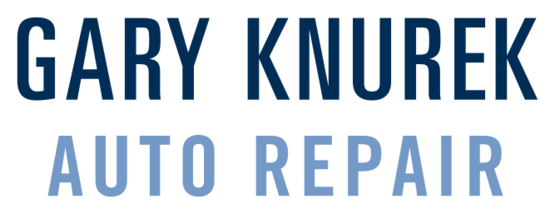Bad Vibes (Disc brake rotor problems)
October 3, 2021
If you were to name the most important safety feature on your vehicle right now, what would your answer be? A lot of driving experts would agree that it’s your brakes. Most newer vehicles use a well-engineered and efficient style of brakes called disc brakes.
The name disc brakes comes from one of the components: a disc attached to the wheel hub that is squeezed by parts called calipers. If you’ve ever ridden a bicycle with hand brakes, you probably have seen how they squeeze against the rim of the bike wheel to stop the bike. It’s similar to the way your vehicle’s calipers squeeze against the disc rotor, with added parts called brake pads attached to the calipers that are what create the friction and stop your vehicle.
Here’s why disc brakes need regular maintenance. Over time, that friction creates wear and tear on the brake pads and the rotors, and you’ll start to see the signs. Your brakes may have one of the 3 “S” sounds: squeaking, squealing, or scraping. The sound is usually the first sign of brake pad wear which can lead to rotor damage. Soon you may notice a pulsating or vibration when you brake. That’s because your once smooth and straight rotor disc is warping from the heat generated from friction. Or it may be due to wear. Eventually, your brakes will take a longer distance to stop your vehicle, and the rotors can have grooves carved into them.
When you start noticing any of these signs, it’s a good idea to have them inspected by a trained technician. They will measure the rotor thickness, check wear patterns for grooves and heat discoloration, and see how much of the brake pads remain. They will also check to make sure all brake components are moving freely, check your brake fluid, and look for corrosion.
Most vehicle manufacturers require worn or damaged rotors to be replaced, not resurfaced. It’s all part of a complete brake job, replacing pads and the brake hardware parts along with the rotors. It reduces the chance of premature failure.
How often you will need your brakes serviced depends on the manufacturer’s recommendations, your driving habits, and the environment you live in. Your service facility can recommend the best replacement parts based on those factors.
Regular maintenance and attention are vital for keeping your brakes performing like they are designed to. Remember, your brakes are your vehicle’s most important safety feature.
Gary Knurek GoodYear
1973 Livernois
Troy, Michigan 48083
248-362-0350
Need Service?
More articles from Gary Knurek, Authorized GoodYear Dealer

No Fuel-ing! (Fuel Filter Replacement)
March 1, 2026
Your vehicle has a few filters you might be somewhat familiar with. Theres the oil filter that removes impurities from your engines oil, and a couple of different kinds of air filters that prevent contaminants from getting into the engine and the cabin. But you may not know that your vehicle als... More

Don?t Be Hosed (Radiator Hose Replacement)
February 22, 2026
If you are like most drivers, you dont worry too much about what shape your radiator hoses are in. But they are a vital part of your coolant system, helping carry engine coolant from the hot engine to where it is cooled off in the radiator. When the cooling system has a problem, you will likel... More

You Are the Fluid Detective! (Leaking Fluids)
February 15, 2026
When you see some liquid sitting underneath your vehicle, your mind starts churning. Is that normal? Is that something serious, or did I just spill my drink? Heres a quick list of what those fluids look, smell and feel like, as well as what they might be. No, we dont recommend you taste them to ... More









